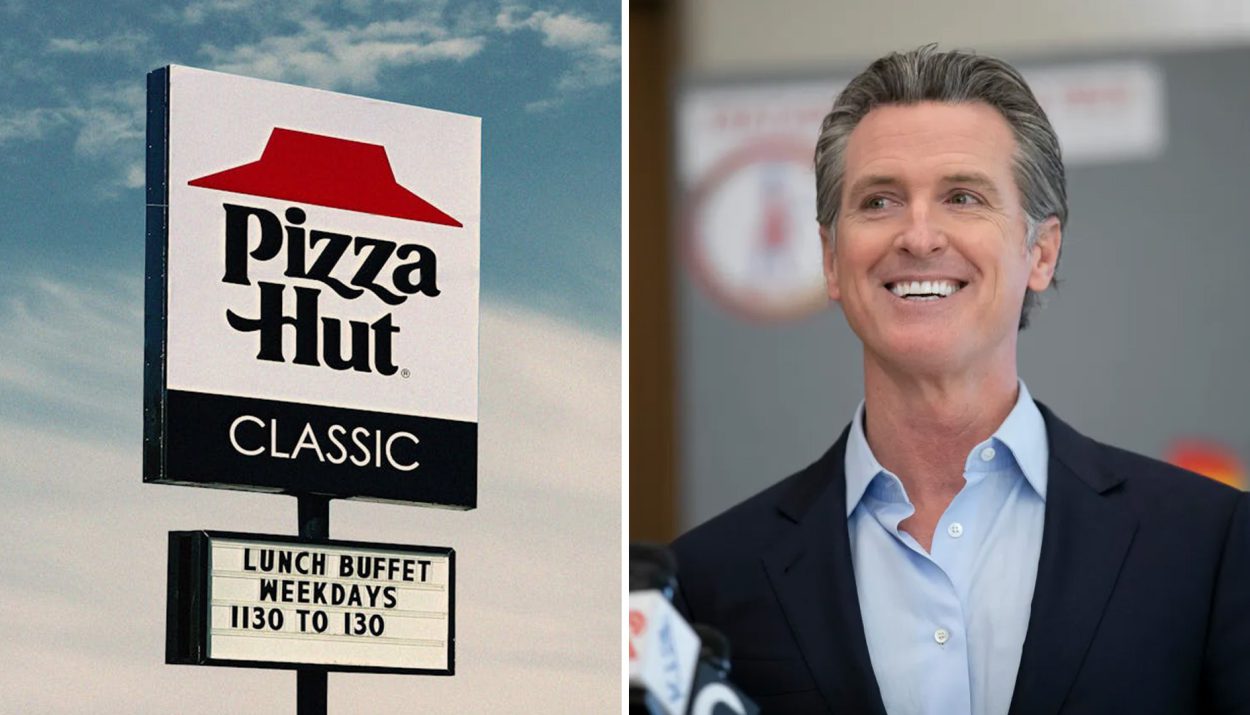In California, the fast food industry has experienced significant change following the increase in minimum wage to $20. According to a report by The Wall Street Journal, restaurant chains, particularly pizzerias, are preparing for this adjustment by reducing their workforce. These businesses have plans to reduce their employee base by the hundreds, and put a stop to all new hiring. All as a way to try and mitigate the increased labor costs.
Pizza Hut
Pizza Hut is a chain that is making significant adjustments to its workforce, as a response to the increased labor costs they are cutting more than 1,200 delivery jobs by December.
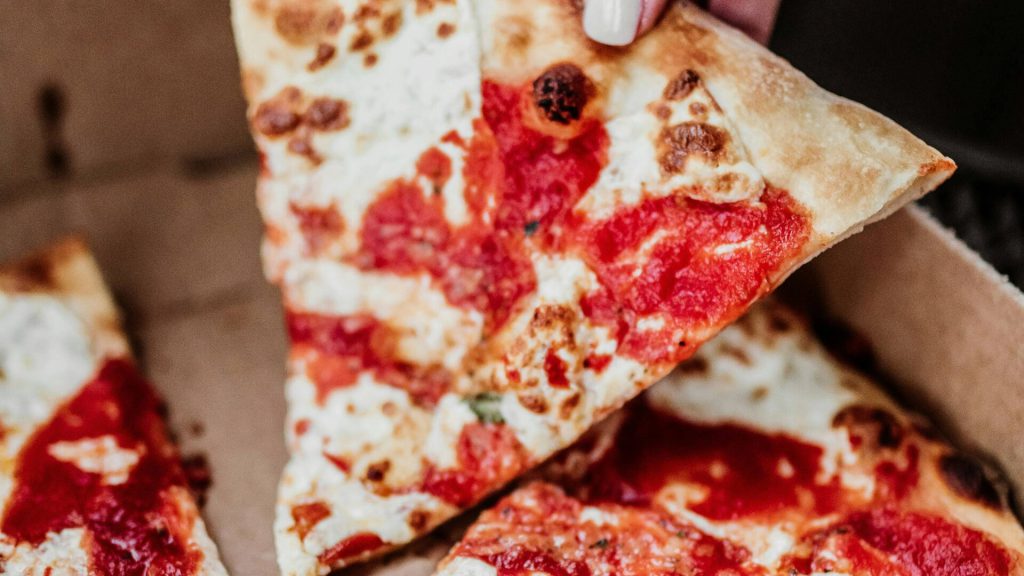
Nonetheless, Pizza Hut has made claims that delivery services will be available through the mobile app, website, and phone ordering. Making sure there aren’t any variations in its customer experience.
The FAST Act
Initially presented to California lawmakers as the FAST Act, this law was aimed at providing raises to all fast-food employees, to help this manage the increased costs of living in California.
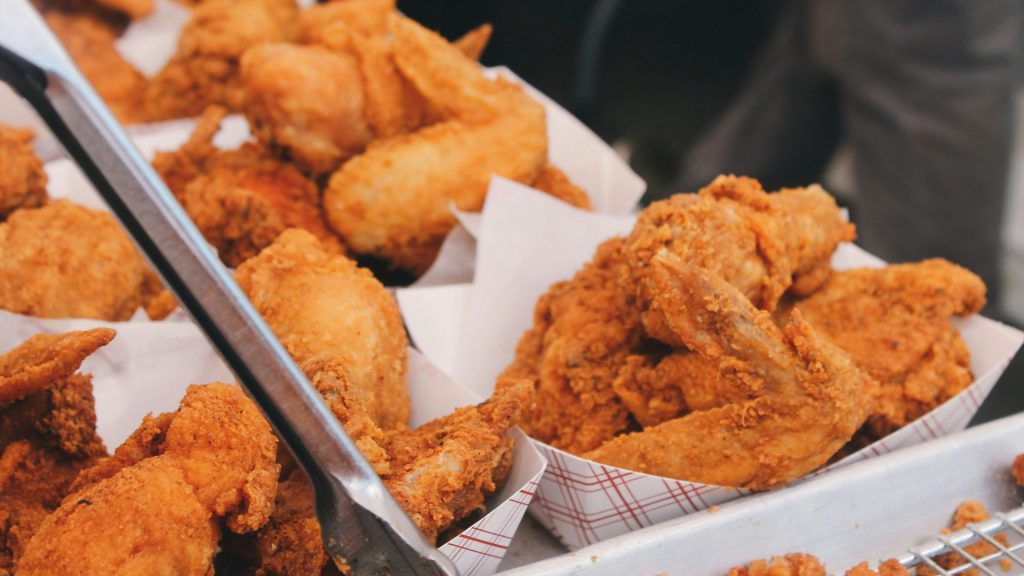
A large number of these employees were not earning enough to make a viable living. So, the California government decided to make some changes to force major fast food chains to pay their employees a living wage.
Driver At Pizza Hut
Michael Ojeda, a 29-year-old Pizza Hut driver in Ontario, California, was informed in December that his employment would be terminated by the end of February.
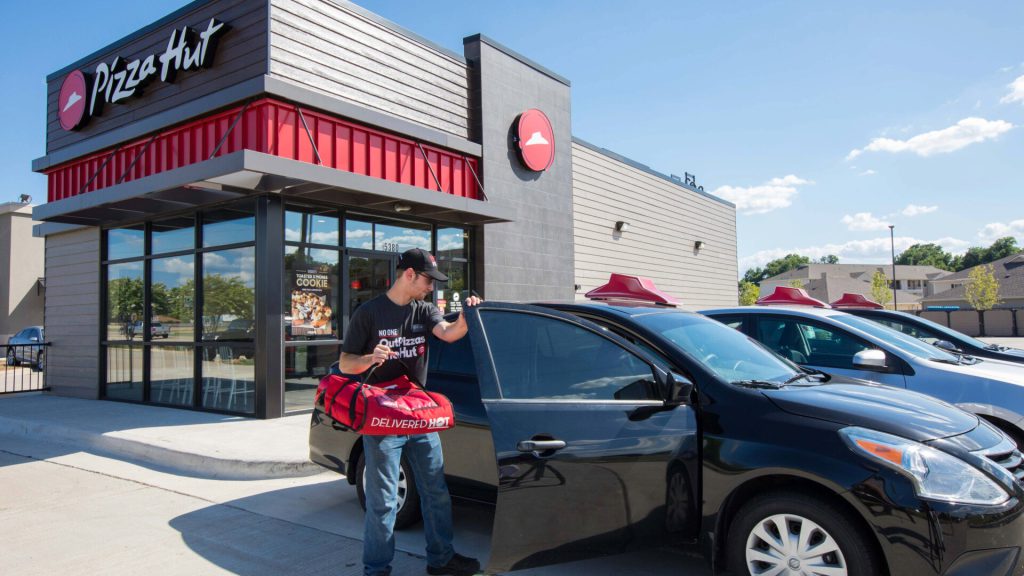
Ojeda, who dedicated almost a decade of his career to Pizza Hut made this statement, “Pizza Hut was my career for nearly a decade and with little to no notice it was taken away.”
Reduction In The Workforce
Excalibur Pizza, operating under the Round Table Pizza brand, has made announcements that it has plans to decrease its workforce by approximately 73 drivers in April, this makes up for 21% of their workforce.
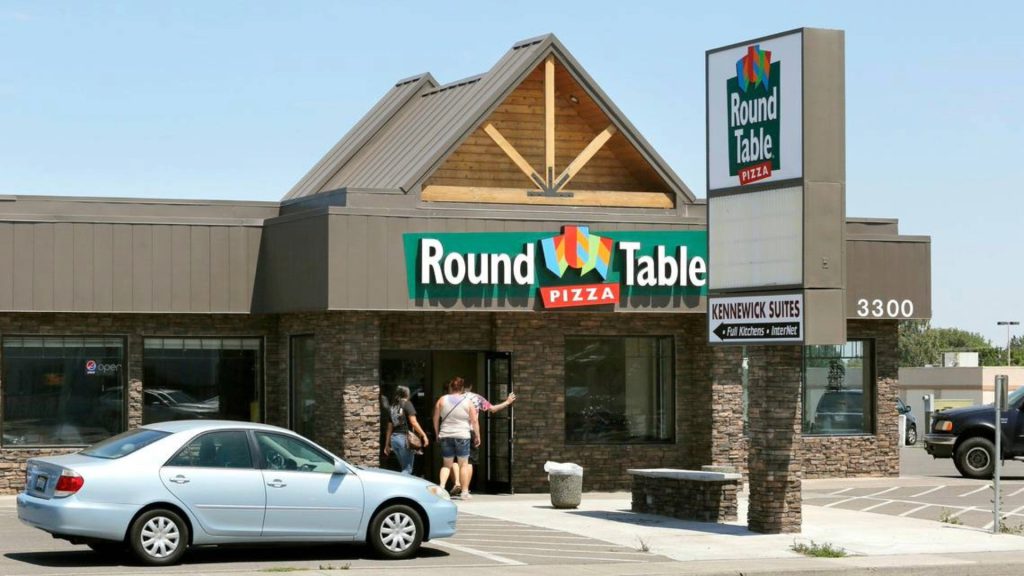
The company will be giving their delivery services over to third-party providers.
Panera Requests An Exemption
Greg Flynn, who oversees Panera franchises in California, has requested an exemption for his restaurants by arguing that in-house bread productions should be qualified for an exemption.
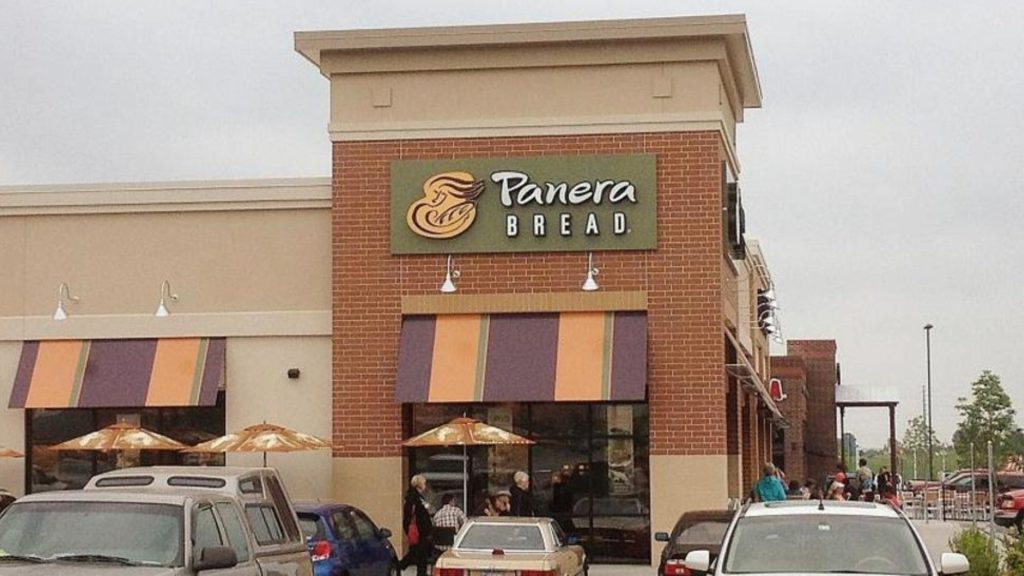
Despite this argument the claim was dismissed by Newsom’s office as “absurd.”
No Exemptions
Governor Gavin Newsom has been firm about his stance on zero exemptions from this new wage policy. This legislation includes businesses that serve ice cream, coffee, boba tea, pretzels, or donuts as part of the fast food industry.
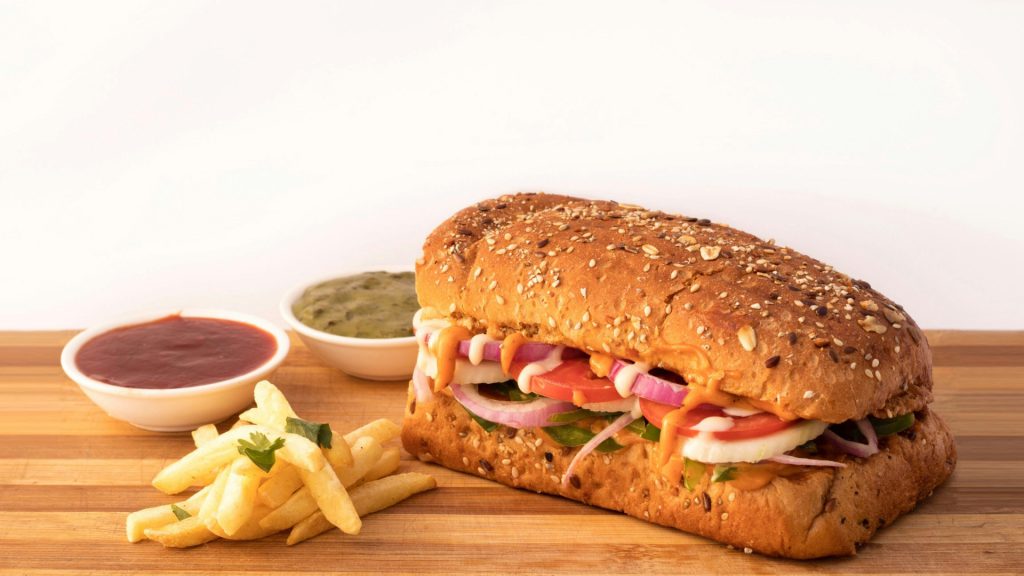
The National Law Review’s analysis of the bill suggests that the broad range of establishments that fall under the law’s provisions increases its impact.
Newsom And Panera Bread
Newsom faced criticism following the suggestion that his office advocated for Panera Bread to be exempt from this new minimum wage law.
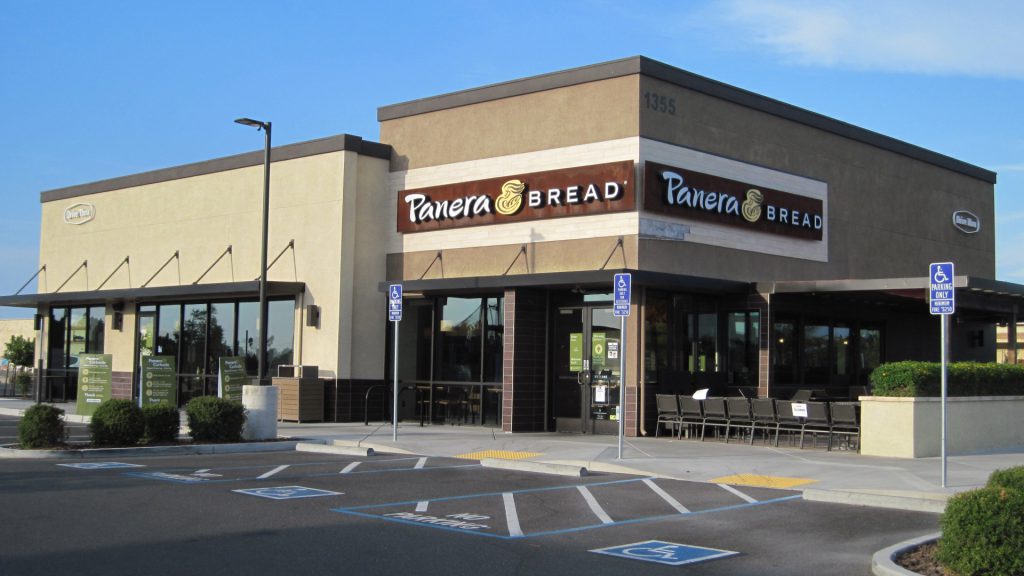
Although Newsom has refuted these allegations, critics highlight how odd it is to have a law that doesn’t include any exemptions for fast food restaurants that bake their own bread.
Connections With Panera
What is most interesting is that Newsom has had a long standing history with Greg Flynn. Flynn has previously endorsed Newsom in his political campaigns.
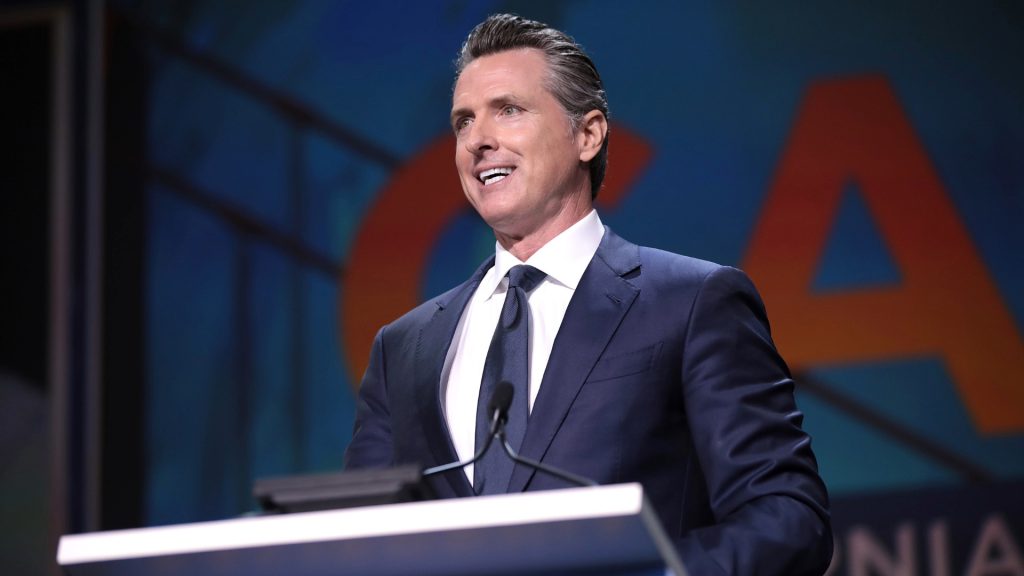
Regardless,Flynn and Newsom both have made statements that they did not push for these exemptions, something that critics claim is inaccurate.
Response
As the criticism towards Flynn and Newsom increased in the media and press, Flynn made a statement expressing that he did not push for an exemption.

Eventually, he also insinuated that he would follow the law, even if Panera Bread was exempt from it.
Confused
Even if Newsom’s office did push for an exemption for Panera Bread, it is still unknown if eateries would even qualify for this exemption.
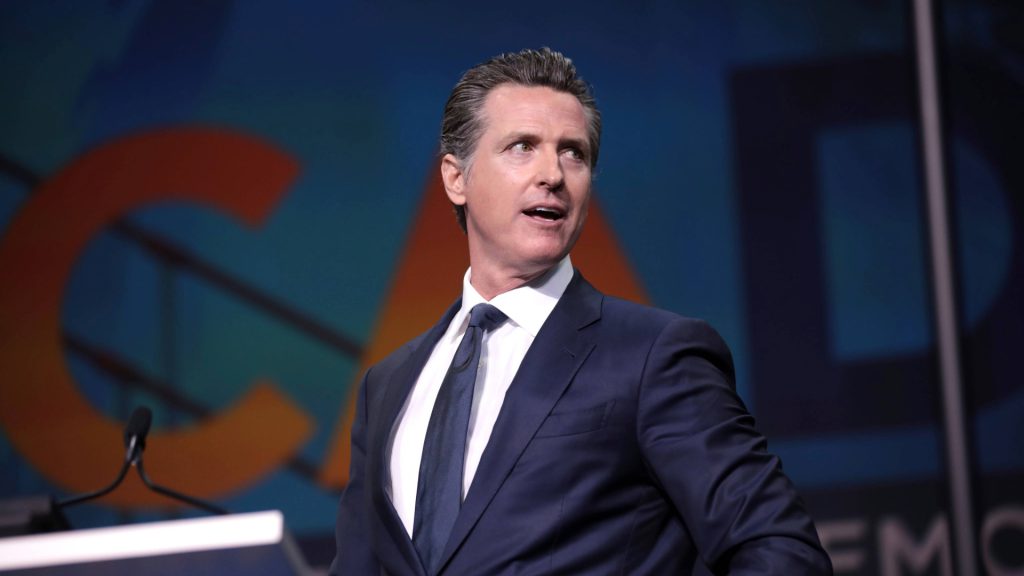
According to some analysts, Panera Bread would still be ineligible for an exemption, as it doesn’t make the dough for its bread onsite.
Price Increase
Multiple restaurants have warned that they will have to raise their prices to offset this minimum wage law in California. Some sources say this is already taking place.
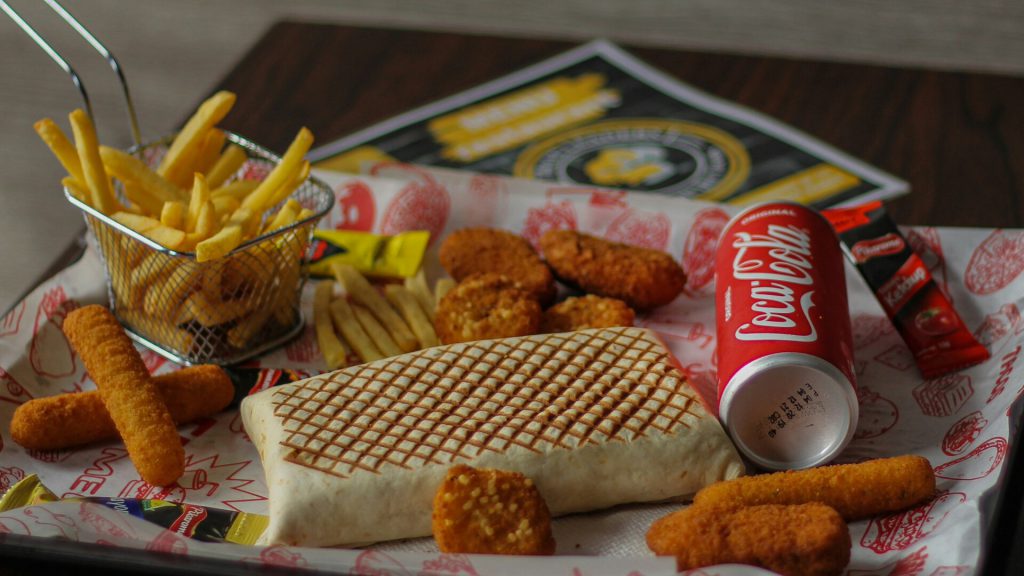
For example Burger King has raised the price of its Texas Double Whopper meal from $15.09 prior to the legislation to $16.89 after the law was enacted.
Fast Food Menus
Popular fast food chains like McDonald’s and Chipotle are making adjustments to their menus in California in an effort to fund the minimum wage increase that passed in September

These adjustments are a direct response to the state’s legislative changes.
Starbucks Shuts Down
Following the enactment of the new law, Starbucks has closed seven of its stores in California. The company says that these closures are part of their efforts to enhance compensation and the overall experience for its partners.
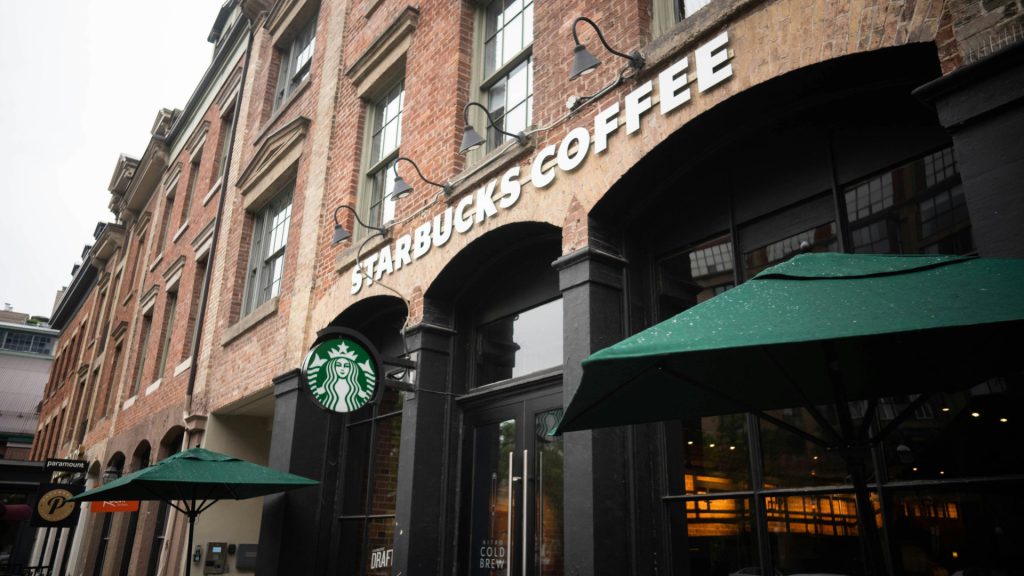
Starbucks’ comprehensive compensation package for United State’s hourly partners averages $30 per hour, showing their attempts to share their success with employees of all levels of the company.
Small Business Owners Challenges
Brian Hom, In San Jose, owner of two Vitality Bowls restaurants, shares another perspective of the minimum wage law’s impact.
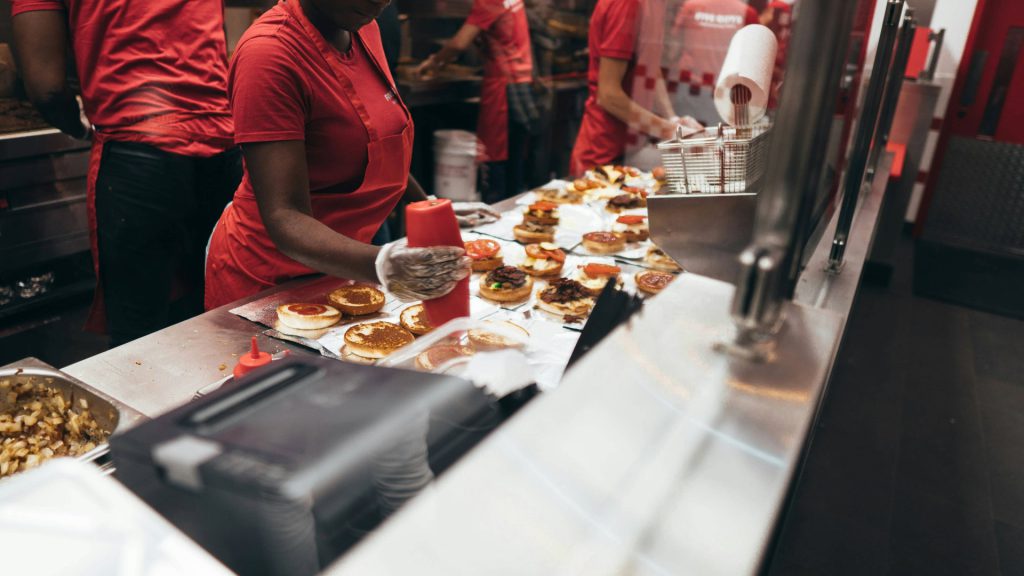
To manage the spike in labor costs, Hom is forced to decrease his staff; he will have to drop down to two employees per location. As a result there will be longer wait times for customers and necessitating higher prices to cover the added expenses. Hom said, “I’m definitely not going to hire anymore.”
Concerns
Since the law passed there have been a few complications, and some confusion surrounding it. Panera Bread isn’t alone in wondering if they are exempt from the law or not.

Several fast-food eateries around California are struggling with similar concerns about the new legislation, simply because they can’t figure out whether they are exempt or not.
Wage Spike
The spike in minimum wage for California fast food workers signals a significant increase for the state’s overall minimum wage which is $16 per hour.

This is a noteworthy financial improvement for those that work in the fast food industry.
More Than Fast Food Workers
While there has considerable focus on how fast-food workers are affected,
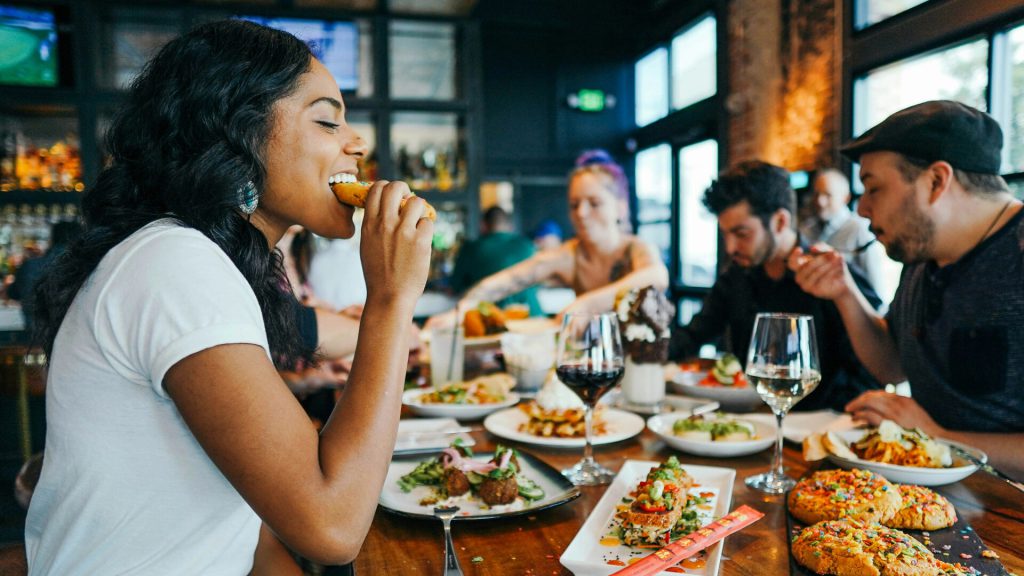
Many other restaurants and establishments are also having to increase their minimum wage so they can remain competitive.
Advocates
Advocates of the law expect that things will even out eventually. According to these analysts, the fast food industry always sees a lot of demand in California.

This means that more employees will be hired, and hired with a higher paying wage.
Exempt
Under the stipulations of the new minimum wage law, only fast-food chains will have to pay their employees at least $20 an hour. Establishments that have 60 locations or more throughout the country are impacted by this legislation.
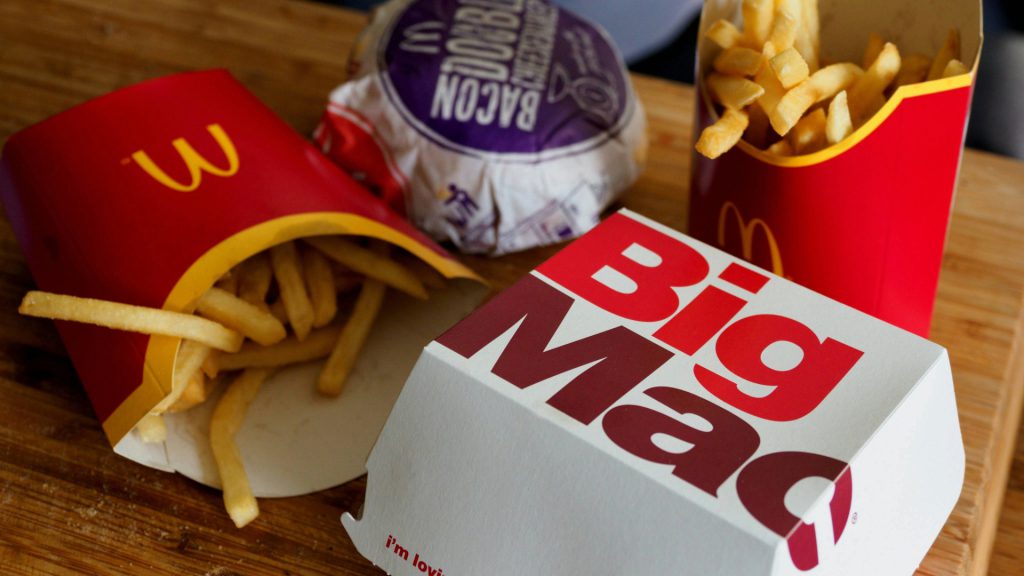
This means that small businesses that only have one or two stores are exempt.
Unknown Future
Critics of this law don’t agree, they think California businesses will continue to suffer.
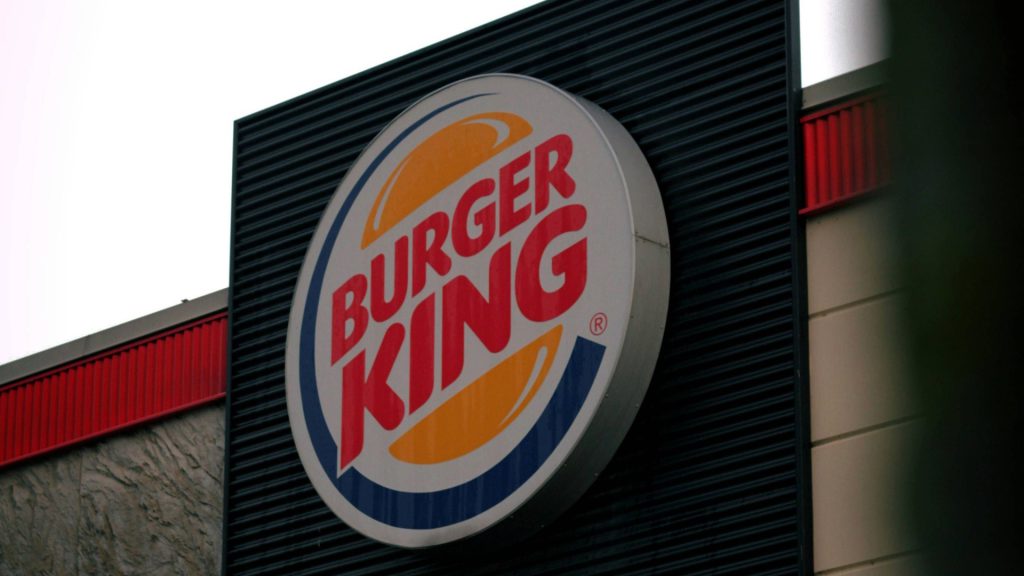
The truth is that the future for this sector of California’s economy is uncertain.
California’s Fast Food Industries
The enforcement of the new minimum wage law marks a crucial juncture for fast food industries.
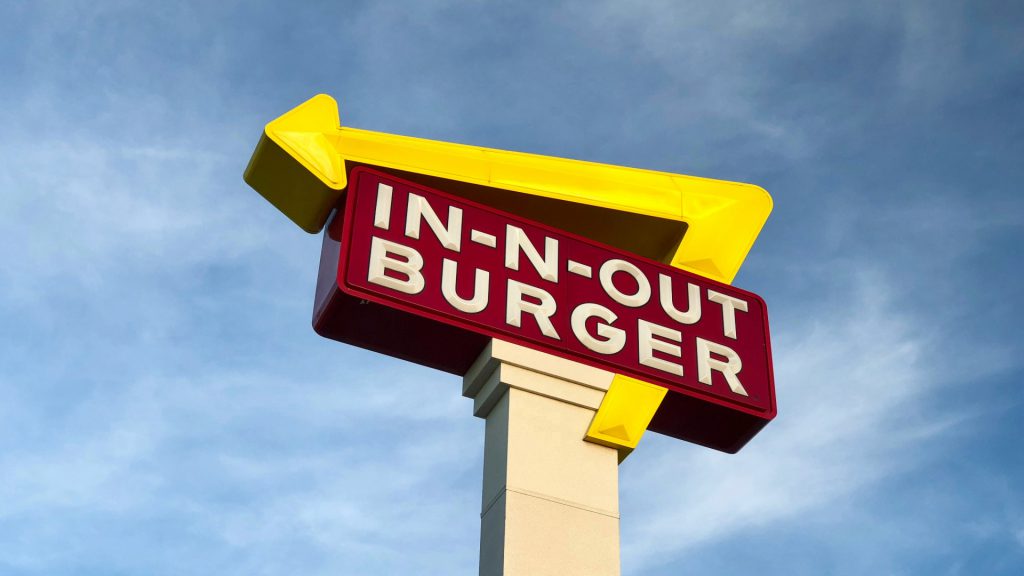
The changes being made by fast food chains, from job cuts to price increases, showcase a bigger adjustment to new economic realities.
Restaurants
Currently restaurants are exempt, but they are also anticipating a wage increase.

It is possible that individuals may choose to leave lower paying jobs for these new $ 20-an-hour ones. Causing other businesses to consider increasing their own wages.

